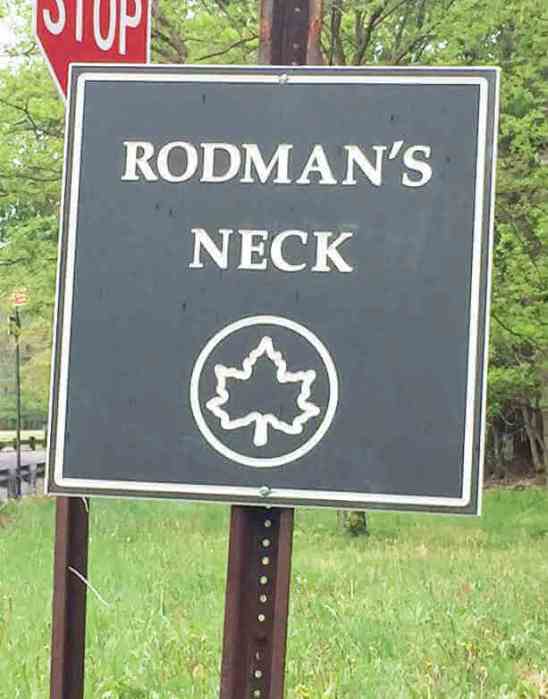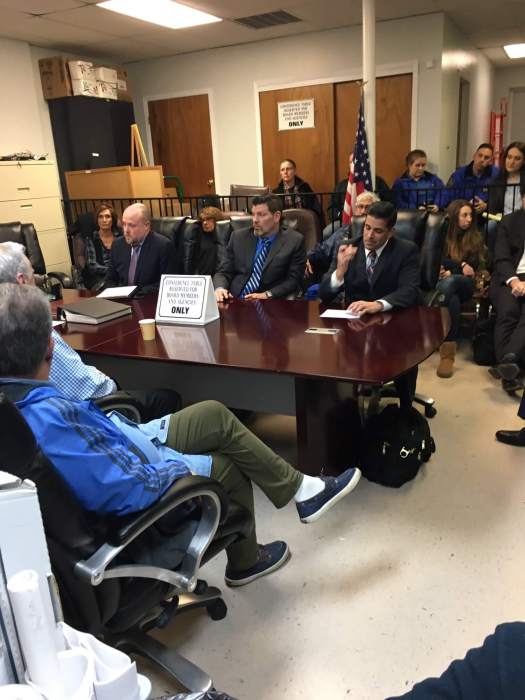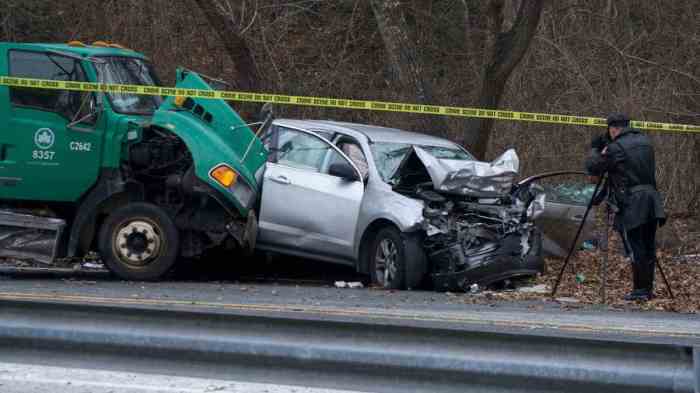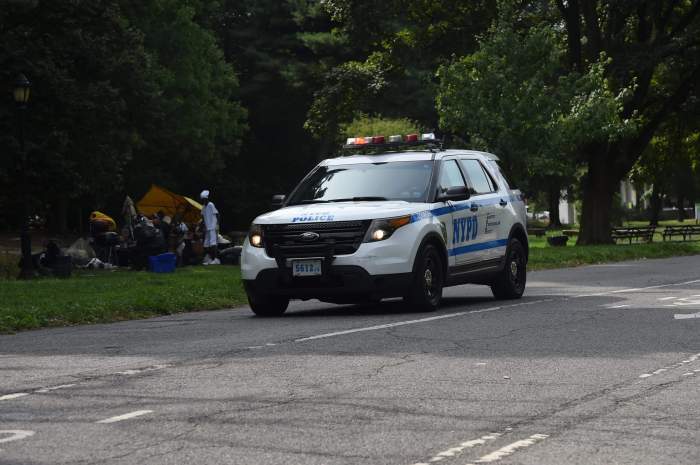For decades, the NYPD Rodman’s Neck Shooting Range has been an issue of concern to the coastal communities of the east Bronx. However, recent legislation may give those citizens a sigh of relief.
The battle over Rodman’s Neck — a 54-acre range on City Island that is used for handgun and rifle practice, and qualification to certify law enforcement agencies, including the NYPD and FBI — has persisted through four mayoral administrations. In 2007, residents of the area were told the shooting range would move to an indoor facility in College Point, Queens, but those plans fell through. Due to shortages in funding, the move was canceled, and it was deemed cheaper to renovate Rodman’s Neck for $275 million.
Recognizing how shooting ranges can affect New Yorkers’ quality of life and environmental health, two Bronx politicians unveiled legislation this summer that would make it safer and quieter for residents who live near shooting ranges throughout0 the state. Assembly Bill 10613, drafted by Assemblymember Michael Benedetto and co-sponsored by Assemblymember Nathalia Fernandez, was designed to address the many issues associated with Rodman’s Neck and clear up confusion on some longstanding matters — including noise pollution, hours of operation and environmental concerns.
“Issues with Rodman’s Neck range have been longstanding, and my constituents have been more than patient,” Benedetto said in a statement. “In the 90s, the state alienated parkland to the city and in turn, the city promised to address residents’ environmental and noise concerns. Thirty years later, this has yet to happen, and I think it’s time for the state to step back in and codify its expectations under the penalty of law. Furthermore, my bill will undertake a first-of-its-kind environmental study so we can have clarity about any health concerns associated with the range.”
The bill would regulate the hours of operation and initiate a study to describe the municipal shooting ranges’ contamination and other pollutants of adjacent property, report the findings within one year of its enactment and establish a remediation plan, if necessary.
This legislation was developed in collaboration with community leaders and residents.
The proposed legislation includes the following limitations for municipal shooting ranges:
- Limit the hours the range can operate by statute, from 8 a.m. to 8 p.m. The range currently runs to 9 p.m. or later.
- Require full baffling/enclosure of the range (right now, it’s only slated to be around 85%).
- Require the bomb detonation area to also be fully enclosed.
- Establish parameters for noise generated from the range (decibel levels).
- Require the NYC Department of Health and New York State Department of Environmental Conservation to conduct a study of the surrounding ground and water within a year of the bill passing and that this study, along with a remediation plan if needed, be available to the public on a website.
Benedetto, who grew up in the northeast Bronx, said, “I remember as a kid you would hear popping noises of police pistols at Rodman’s Neck. It was always disturbing certainly when they are exploding bombs. This has been something that has been on my mind for a long time.”
The lawmaker said the noise concerns at shooting ranges and lead levels created from the bullets have always been a concern of his. According to Benedetto, he got “fed up” with waiting for other politicians to act and decided to take action at the state level.
In 2018, three inspections of Rodman’s Neck found high lead levels. The range was closed temporarily, but has since reopened. The NYPD has allegedly collected soil samples, but has not revealed those results to the 45th Precinct Council or the Bronx Times.
The NYPD said as part of its soil stabilization and lead management, it removes lead from the ranges by sifting soil and adding a bonding agent to immobilize lead migration into groundwater. During this process, air quality is monitored to make sure lead is not mobilized in the air.
This also requires testing of soil and groundwater wells for particulate and dissolved lead. According to police, these testing results are sometimes requested by DEC, but are not a compliance requirement — rather they are used to inform the NYPD of any problems so they can schedule the area for additional treatment.
Benedetto said there will likely be pushback from law enforcement, but residents “deserve to have peace and quiet.”
The legislation doesn’t affect just City Island, but also the surrounding communities like Country Club, Edgewater Park and Throggs Neck. Stephanie Diehl has lived in Edgewater Park for 16 years and said it is if often noisier there due to the shooting range than where she resided in Manhattan.
She said the bill will not only help residents in her area of the Bronx, but also throughout the state. Furthermore, she hopes the state’s action will address lead levels at all shooting ranges in New York.
“They need to retool them (shooting ranges),” she said. “They need to change the way things are done.”
When reached by the Bronx Times, the NYPD made a brief statement on the proposed bill.
“The NYPD has long been cognizant of ensuring that we minimize noise at our Rodman’s Neck facility,” a NYPD spokesman said. “In order to further that goal, the NYPD is building a state of the art facility on the gun range that will address these concerns.”
The NYPD plans to construct a permanent indoor shooting range at Rodman’s Neck by 2026.
Reach Jason Cohen at jasoncohen306@gmail.com or (646) 899-8058. For more coverage, follow us on Twitter, Facebook and Instagram @bronxtimes
























